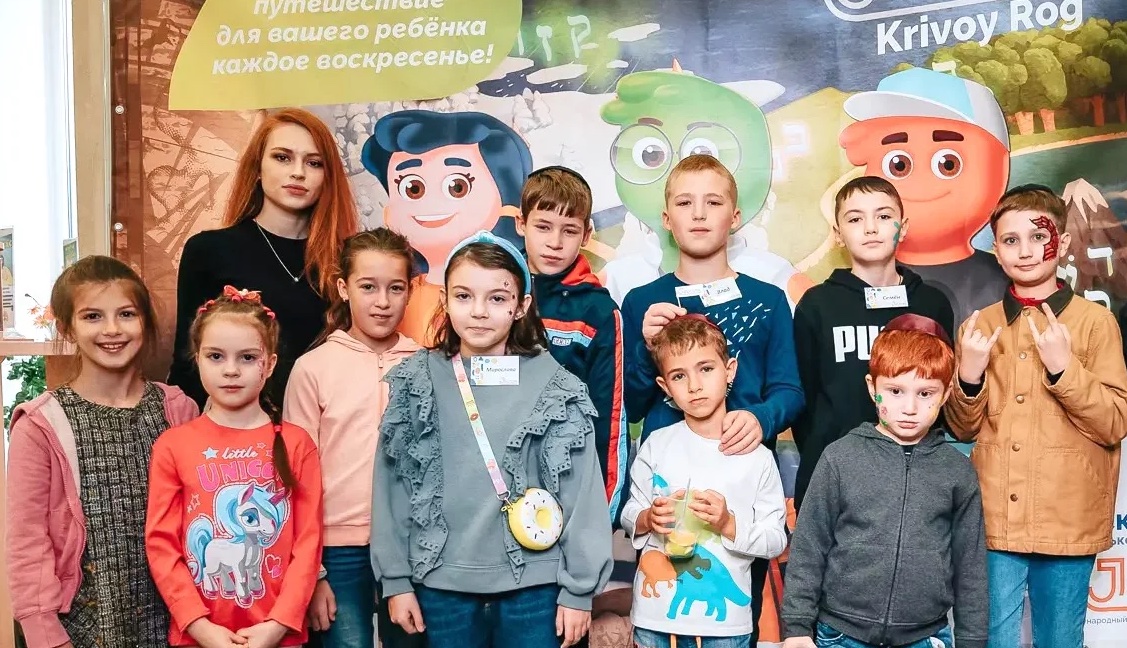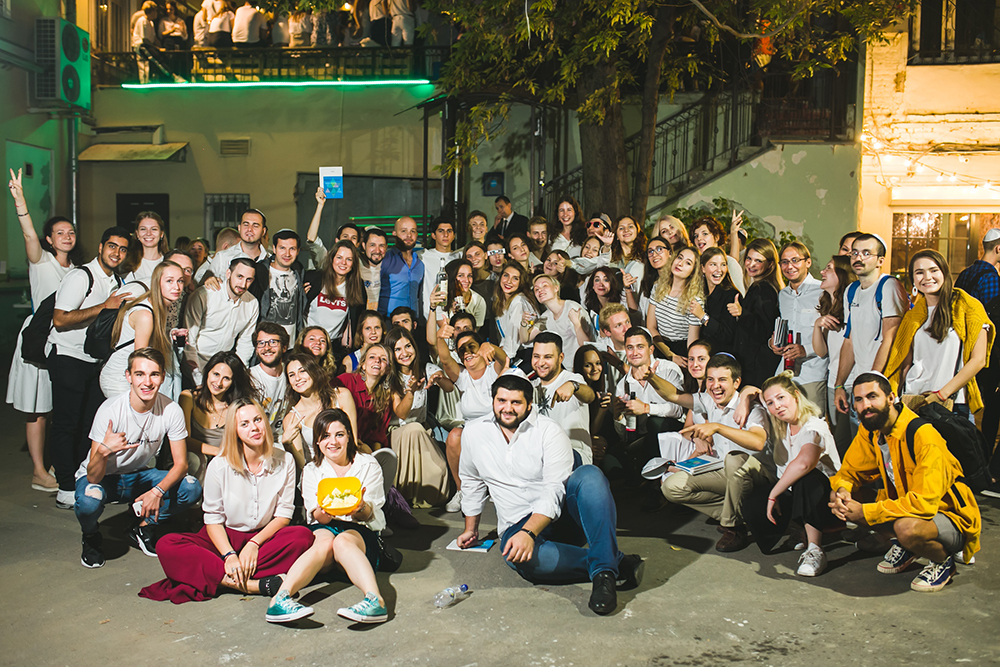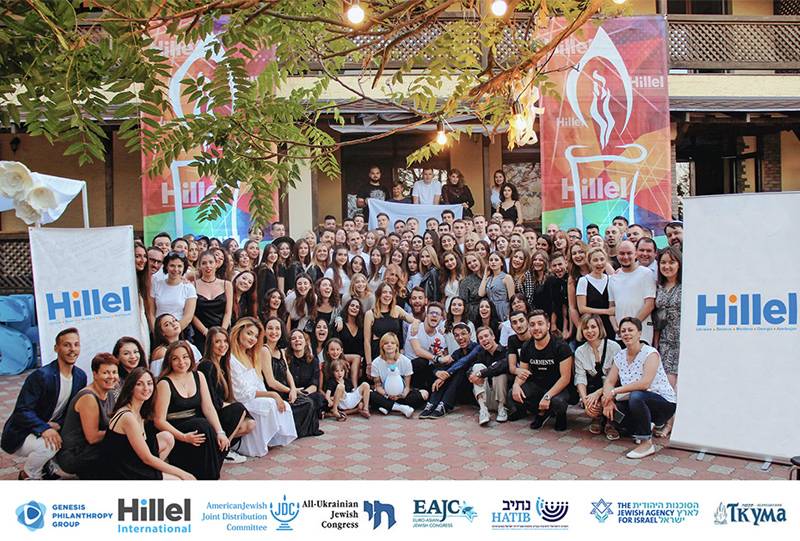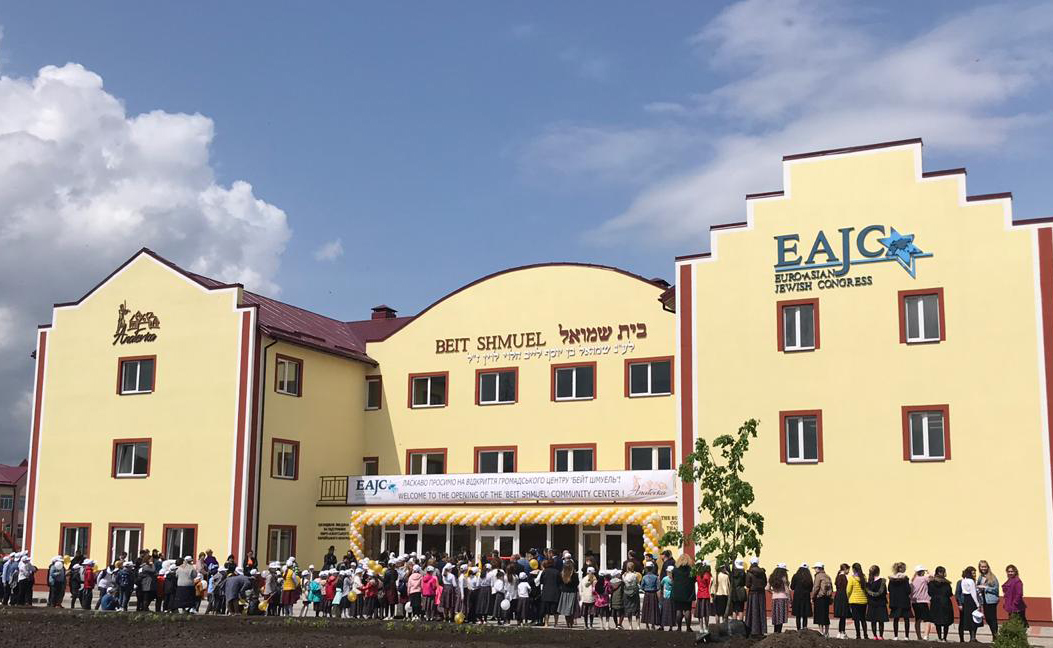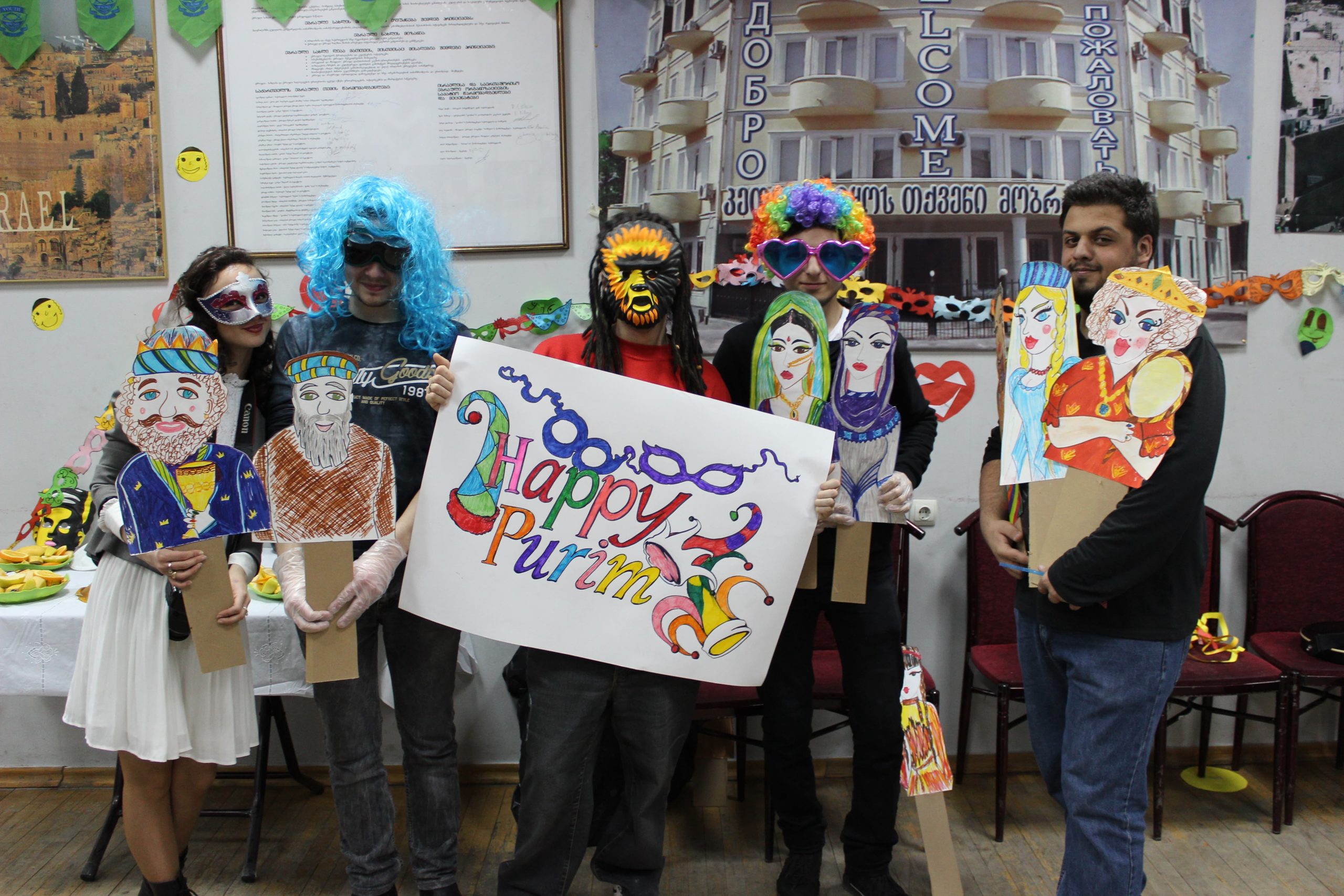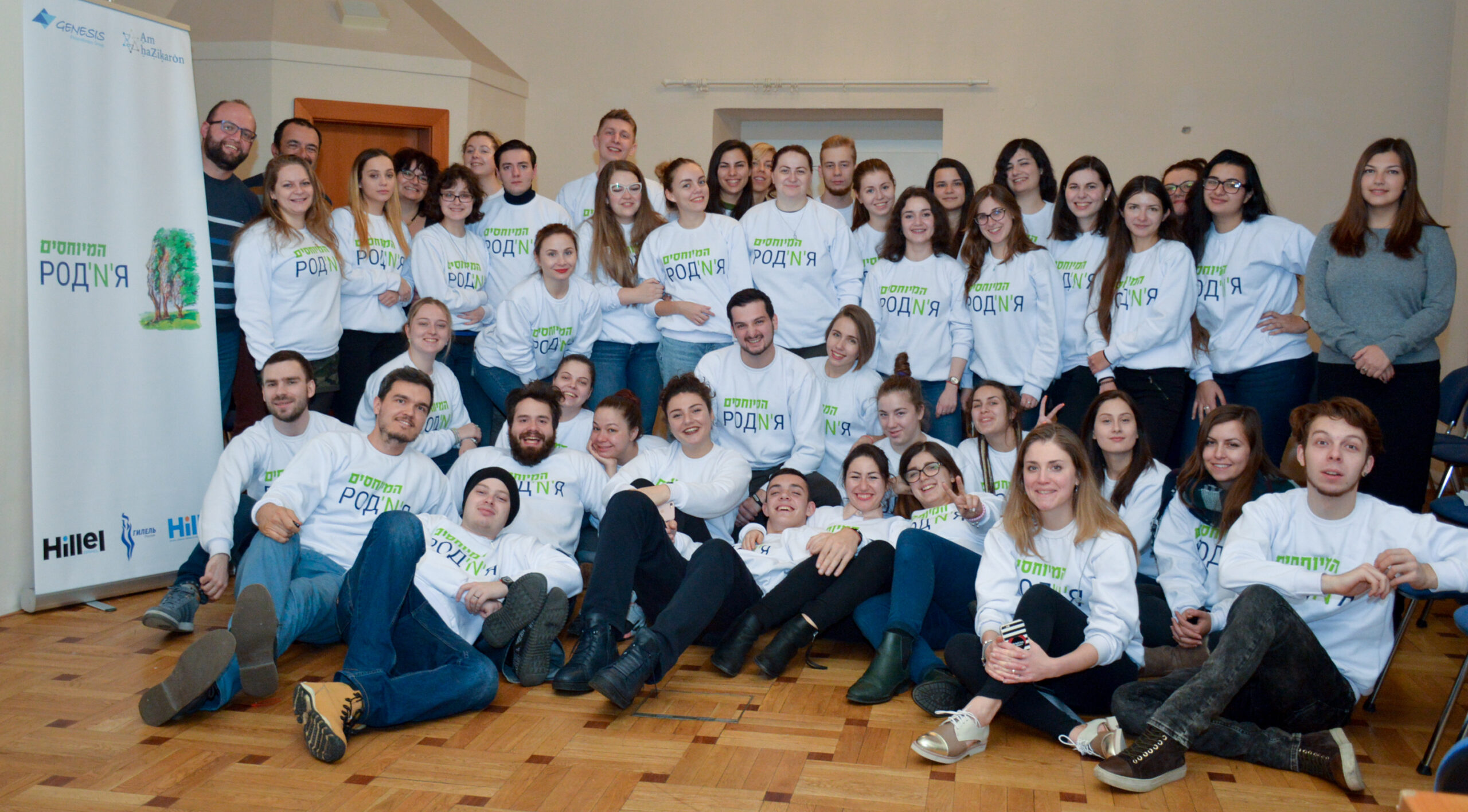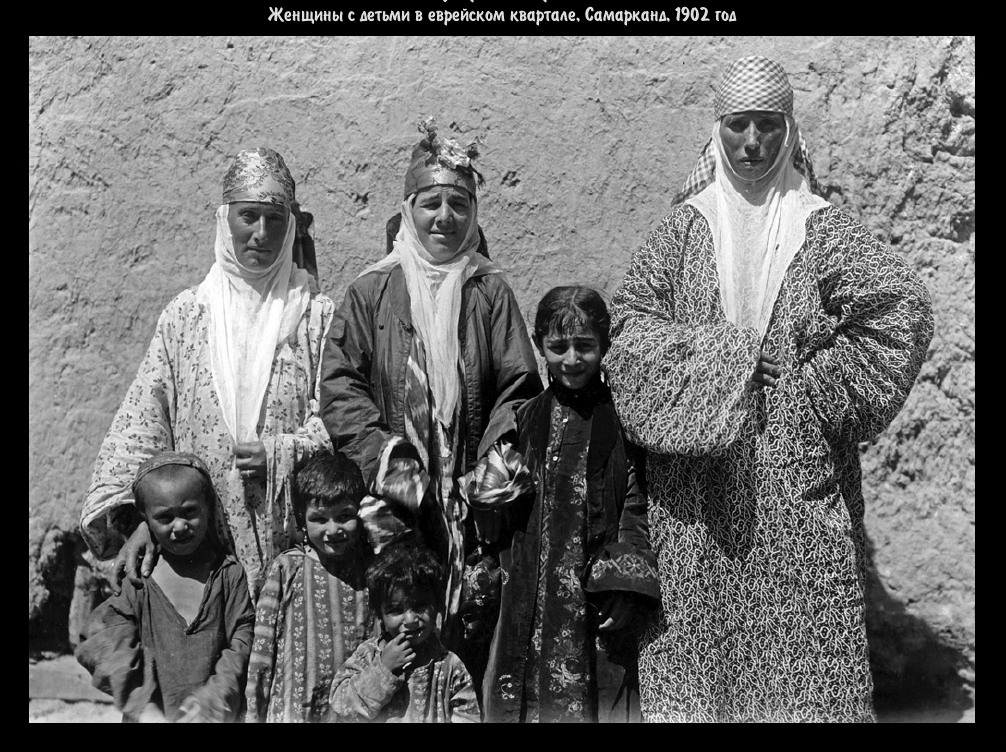The Institute for Euro-Asian Jewish Studies (IEAJS), founded by the Euro-Asian Jewish Congress, is envisioned as an academic think-tank and platform for academic and professional exchange among leading experts that study Jewish communities of the Former Soviet Union, Balkan and Asian countries, as well as “transnational Jewish diasporas”—communities that are detached from their countries of origin.
The Institute will facilitate academic and applied studies that examine the current affairs and needs of Euro-Asian Jewish communities, their social and political standing in their host countries, as well as their relations with the State of Israel and other global and regional powers. It will also investigate Jewish migration processes and the historical, cultural and political heritage of these communities.
Communities, organizations included in the EAJC and Congress partners can assist in researching and collecting materials, selecting authors for publications, developing proposals and ordering projects (including their co-financing). Moreover, they can help organizing presentations of the Institute’s materials.
The institute, in partnership with colleagues from the countries of the former USSR, has launched a large-scale sociological study “Jewish communities of the post-Soviet space: the current state and the dynamic trends”. The study includes a survey of the Jewish (in the broad sense of the word) population of Ukraine, Russia, Belarus and Moldova in order to understand the development of the Jewish and other ethnic identities of these communities better, as well as to observe the current trends in the formation of Jewish communities. Additionally, the survey will help to evaluate the preferred mechanisms of joining the Jewish community by non-Jewish and mixed origin individuals. Moreover, it will help to examine migration dynamics, socio-economic status of various groups of Jews of these countries and their relationship to Israel.
The institute will be happy to assist communities in organizing this survey, and will provide them with the results of this study, which, in our opinion, should help in their future work planning.

